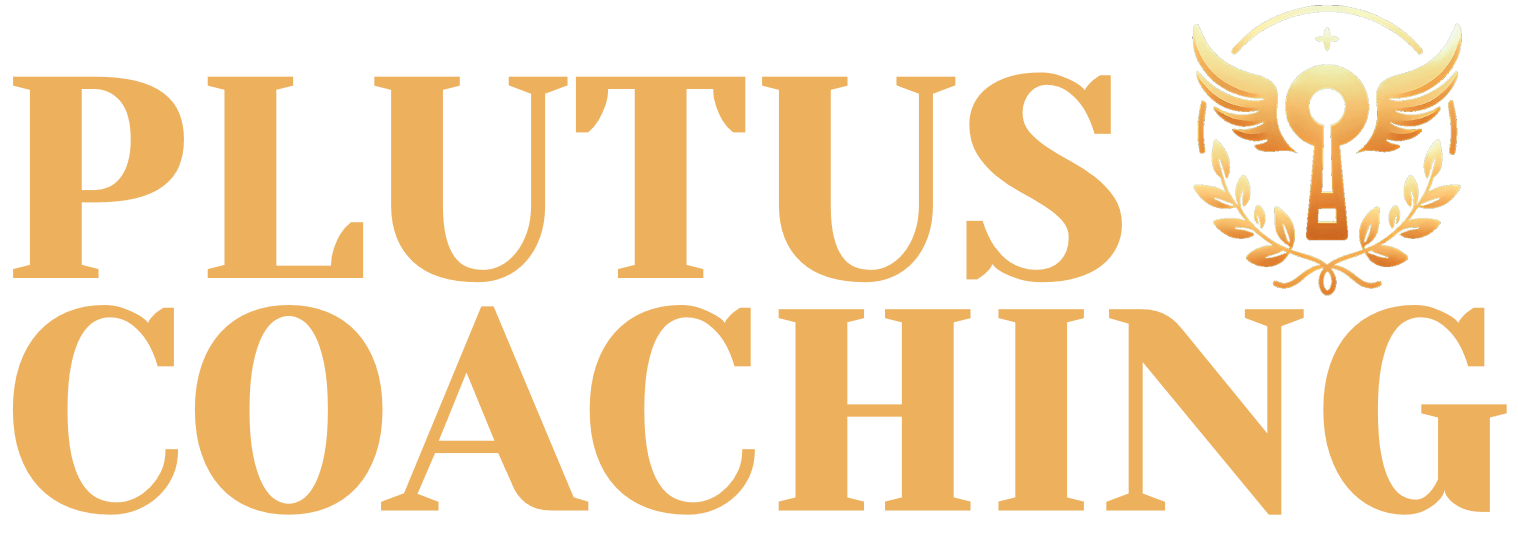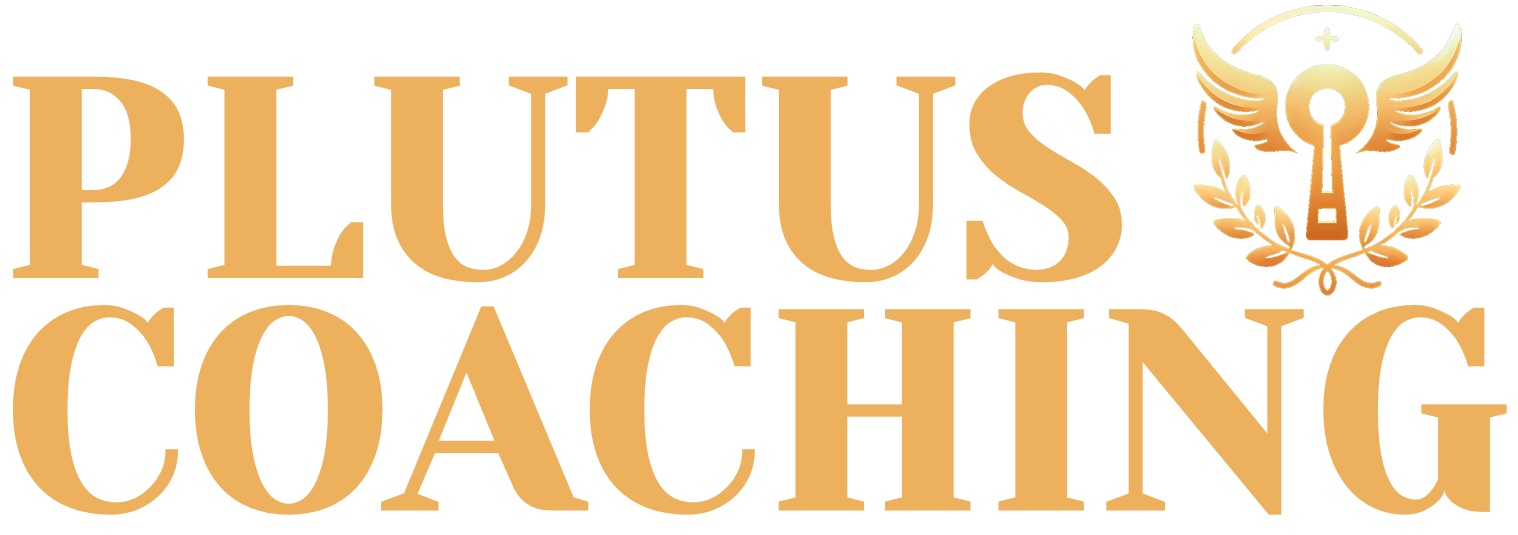Keeping track of multiple debts, like credit cards, personal loans, or store finance, can be tough. Each might have different payment dates, interest rates, and monthly amounts. If you’re finding it hard to manage, a debt consolidation loan in the UAE could be an option to consider. It’s a way to combine your existing debts into one single loan, ideally with a better interest rate and a more manageable monthly payment.
This guide will walk you through what debt consolidation loans are, how they work in the UAE, their benefits, and what to look out for.
What Exactly is a Debt Consolidation Loan?
Simply put, a debt consolidation loan is a new loan you take out to pay off several other existing debts. Instead of juggling multiple payments to different lenders, you’ll make one regular payment to a single lender.
How it works:
- You apply for a debt consolidation loan from a bank or financial institution.
- If approved, the lender gives you the money.
- You use this money to pay off all your existing individual debts (credit cards, other loans, etc.).
- Now, you only have one loan – the consolidation loan – to repay, usually with a fixed interest rate and a set monthly payment over a specific period.
The main goals are usually to:
- Simplify your finances with just one monthly payment.
- Potentially get a lower overall interest rate than what you’re paying on your current debts, which could save you money.
- Make your monthly outgoings more predictable.
Why Think About a Debt Consolidation Loan? The Good Side
Consolidating your debts can offer several benefits:
- One Easy Payment: Managing one bill instead of many can reduce stress and the chance of missing a payment.
- Lower Interest Costs (Potentially): If your credit is good, you might get a new loan with a lower interest rate than your existing debts, especially high-interest credit cards. This means more of your payment goes towards clearing the actual debt rather than just interest.
- Fixed Repayments: Many consolidation loans come with fixed interest rates, so your monthly payment amount stays the same, making budgeting easier.
- Improve Your Credit Score (Over Time): By making timely payments on your new consolidated loan and reducing your overall credit usage (especially on credit cards), you can positively influence your credit score in the long run.
What to Be Careful About: The Downsides and Risks
While helpful for some, debt consolidation loans are not a magic fix and have potential drawbacks:
- Fees and Charges: These loans can come with fees, such as:
- Processing fees: Often around 1% of the loan amount (e.g., AED 500 to AED 2,625).
- Insurance (Takaful): Sometimes mandatory to cover the loan in unforeseen circumstances.
- Early settlement fees: If you pay off the loan earlier than planned. The Central Bank of the UAE caps this at 1% of the outstanding amount or AED 10,000, whichever is less.
- Longer Repayment Time: To make monthly payments lower, the loan term might be extended. This could mean you pay more interest over the life of the loan, even if the interest rate is lower.
- Temptation for More Debt: Once your credit cards are paid off, you might be tempted to use them again. If you accumulate new debt on top of the consolidation loan, you could end up in a worse situation.
- Doesn’t Solve Spending Issues: A consolidation loan helps manage existing debt but doesn’t address underlying overspending habits.
- Impact on Credit Score (Initially): Applying for any new credit can cause a small, temporary dip in your credit score.
Debt Consolidation in the UAE: Important Points
The UAE has regulations in place to protect consumers when it comes to loans, including debt consolidation loans.
Central Bank of the UAE (CBUAE) Rules:
- Debt Burden Ratio (DBR): Your total monthly debt payments (including the new loan) generally cannot exceed 50% of your total monthly income. For pensioners, this limit is 30%. Banks will calculate this carefully.
- Loan Amount Limit: Personal loans, which include consolidation loans, are typically capped at 20 times your monthly salary.
- Maximum Repayment Period: The repayment tenure for personal loans is usually a maximum of 48 months (4 years).
- Responsible Financing: Licensed financial institutions must assess your ability to repay and provide clear information about the loan, including a comparison of costs if you are consolidating existing facilities.
Who is Usually Eligible? While specific criteria vary from bank to bank, common requirements include:
- Minimum Monthly Salary: This can range from AED 5,000 to AED 10,000 or more, depending on the bank and whether your employer is on the bank’s approved list.
- Employment Status: You usually need to be a confirmed employee, often with at least 6 months in your current job. Most offers are for salaried individuals.
- Residency: You must be a UAE resident with a valid visa and Emirates ID.
- Credit Score: A good credit report from the Al Etihad Credit Bureau (AECB) is important to get approval and favorable terms.
- Salary Transfer: Many banks require you to transfer your salary to them to get a debt consolidation loan.
Which UAE Banks Offer Debt Consolidation?
Most major banks in the UAE offer debt consolidation loans, though they might call them by different names like “buyout loans,” “liability settlement finance,” or include it as a feature of their standard personal loans. Some prominent providers include:
- First Abu Dhabi Bank (FAB) – Buyout Loan
- Abu Dhabi Commercial Bank (ADCB) – Personal Loan with consolidation feature
- Dubai Islamic Bank (DIB) – Liabilities Settlement Finance
- Mashreq – Debt Consolidation Loan
- Emirates NBD – One Pay
- Abu Dhabi Islamic Bank (ADIB) – Debt Settlement
- Emirates Islamic – Finance Consolidation Offer
- Commercial Bank of Dubai (CBD) – Personal Loan with buy-out option
- National Bank of Fujairah (NBF) – Personal Loan (can be used for consolidation)
Always check directly with the banks for their latest product details and terms.
Typical Loan Features in the UAE
Here’s what you can generally expect:
- Interest/Profit Rates: Rates vary widely based on the bank, your income, credit score, and employment. They can be quoted as a flat rate (calculated on the original loan amount) or a reducing rate (calculated on the outstanding balance). Reducing rates are generally preferred. For Islamic banks, these are profit rates based on Sharia-compliant structures. Starting reducing rates can range from around 5% to higher, depending on your profile.
- Loan Amounts: Banks may offer up to AED 1 million to AED 2 million for expatriates for debt consolidation, and potentially higher for UAE Nationals, but always within the CBUAE limit of 20 times your salary and your DBR.
- Repayment Tenure: Typically up to 48 months, in line with CBUAE regulations.
- Common Fees (always confirm with the bank):
- Processing Fee: Usually a percentage of the loan amount (e.g., 1.05%) or a fixed fee, often between AED 500 and AED 2,625.
- Takaful/Insurance: Life insurance or Takaful coverage for the loan amount is often required. The cost varies.
- Early Settlement Fee: If you pay off the loan before the end of the term, a fee applies, capped by the CBUAE at 1% of the outstanding principal or AED 10,000 (whichever is lower).
- Late Payment Fee: If you miss an installment, fees can be around AED 200, plus it can negatively affect your credit report. Islamic banks may term this as a “charity amount.”
How to Apply: A General Guide
- Understand Your Debts: List all your current debts, their outstanding amounts, interest rates, and monthly payments.
- Check Your Eligibility: Review the general criteria and then check with specific banks whose offers seem suitable. Many banks have online calculators.
- Gather Documents: Typically, you will need:
- Copy of your Emirates ID.
- Copy of your Passport with a valid UAE Residence Visa.
- Salary Certificate from your employer (recent).
- Bank statements for the last 3 to 6 months.
- Liability letters or statements for the debts you want to consolidate.
- A completed application form from the bank.
- Security cheque (some banks may still require this).
- Submit Your Application: You can usually apply online, through the bank’s app, or by visiting a branch.
- Approval and Disbursal: The bank will review your application, check your creditworthiness with the AECB, and if approved, will disburse the loan. This might involve directly paying off your other lenders or crediting the amount to your account.
Will It Affect Your Credit Score?
- Short-Term: Applying for a new loan creates a “hard inquiry” on your credit report, which can temporarily lower your score by a few points. Opening a new loan account also slightly reduces the average age of your credit accounts, which can have a minor negative impact initially.
- Long-Term: If you make all your payments on the consolidation loan on time, it can help improve your credit score. Consolidating multiple credit card balances into an installment loan can also lower your credit utilization ratio (how much of your available credit you’re using), which is good for your score.
Are There Alternatives to Debt Consolidation Loans?
Yes, depending on your situation, you might consider:
- Balance Transfer Credit Cards: Some credit cards offer a 0% or low-interest introductory period when you transfer outstanding balances from other cards.
- Pros: Can save significant interest if you pay off the balance during the promotional period.
- Cons: Usually involve a balance transfer fee (3-5%). The low rate is temporary; if the balance isn’t cleared, a much higher standard rate applies. Requires good credit.
- Negotiating with Lenders: Contact your existing lenders directly. They might be willing to offer a revised payment plan, a temporary reduction in interest rates, or a payment holiday if you’re facing genuine hardship. Banks like Emirates NBD and Citibank have debt assistance programs.
- Debt Management Programs: While less common as formal programs in the UAE compared to some other countries, some financial advisory firms or banks might offer guidance or informal debt management support.
- Strict Budgeting and Debt Avalanche/Snowball Methods: Create a tight budget, cut expenses, and aggressively pay down your debts one by one, either starting with the highest interest rate (avalanche) or the smallest balance (snowball).
Is a Debt Consolidation Loan Right for You?
A debt consolidation loan could be a sensible move if:
- You have multiple high-interest debts.
- You can secure a consolidation loan with a lower overall interest rate and fees that don’t outweigh the benefits.
- You are confident you can meet the single monthly payment consistently.
- You are committed to managing your finances responsibly and avoiding new debt.
It’s important to do your homework. Compare offers from different banks, carefully read all the terms and conditions, understand all the fees, and consider whether this step will genuinely improve your financial situation in the long run.
Disclaimer: This article is for informational purposes only and should not be considered financial advice. Loan terms, interest rates, and eligibility criteria vary by bank and are subject to change. Please consult with a qualified financial advisor and directly with the financial institutions for personalized advice and the most current information before making any financial decisions.





